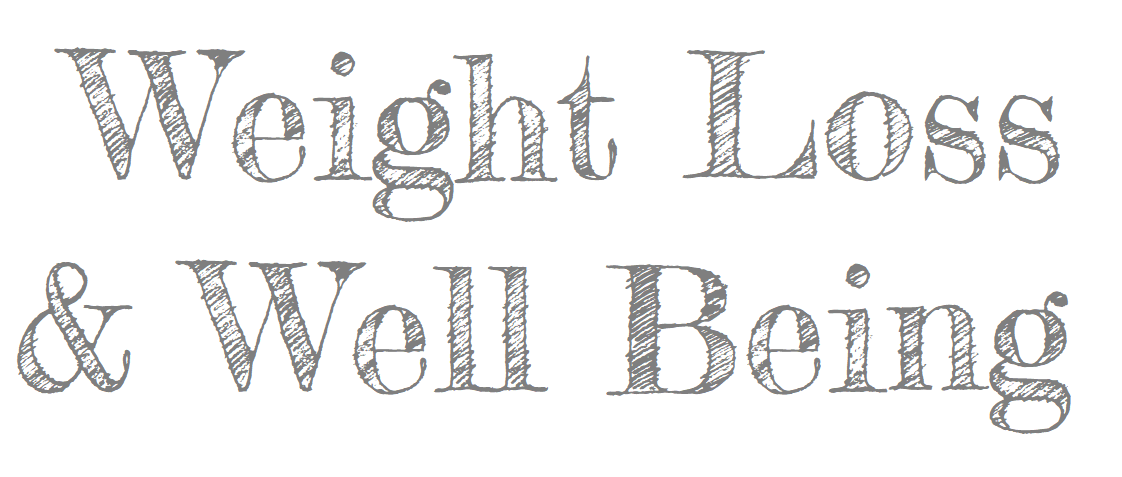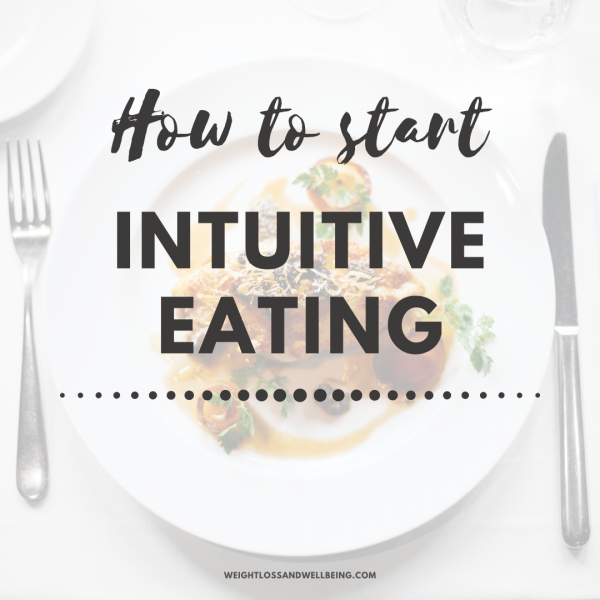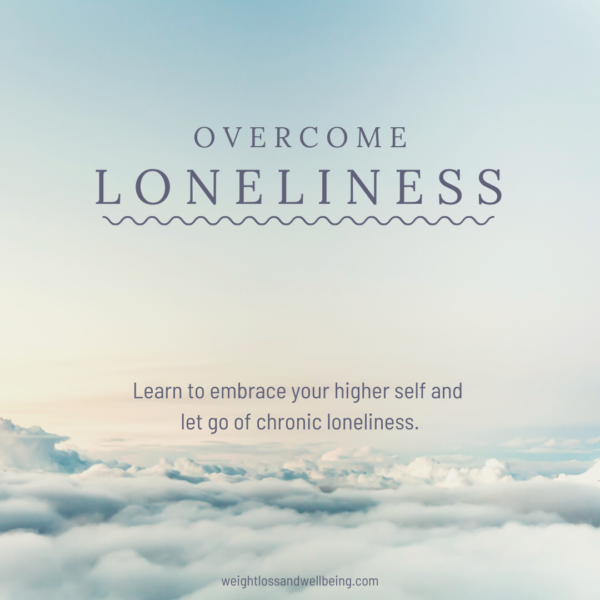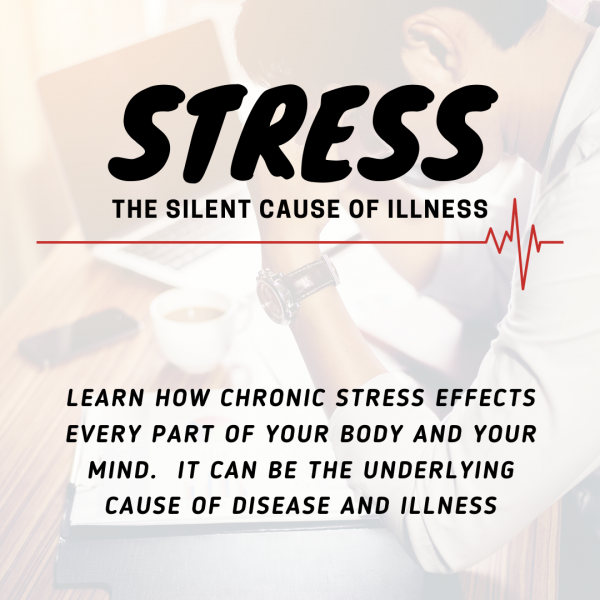Learn how to start intuitive eating with these basic principles and easy tips to start incorporating into your lifestyle immediately.
The main principle of intuitive eating, is being mindful. You should be mindful when you are eating, mindful with your choices, and mindful of when you are and are not hungry.
For many this is seems like an impossible task. So much of our society is training us to ignore our bodies and the things it tries to tell us. We take medications to ignore symptoms, drugs to ignore emotions, and use every distraction we can find.
It is no surprise we have completely lost the important connection between mind and body. How many times have you caught yourself mindlessly finishing a bag of chips on the couch when you weren’t even hungry?
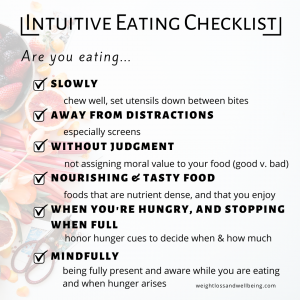
That is the definition of mindless eating. Eating out of boredom or emotions instead of physical hunger. Choosing to eat while distracted, without intention causes us to massively overeat. But intuitive eating can help.
Below is an easy way to start applying the concepts of intuitive eating to your daily life. This is much more of a practice than a destination, but you can build healthy habits every day.
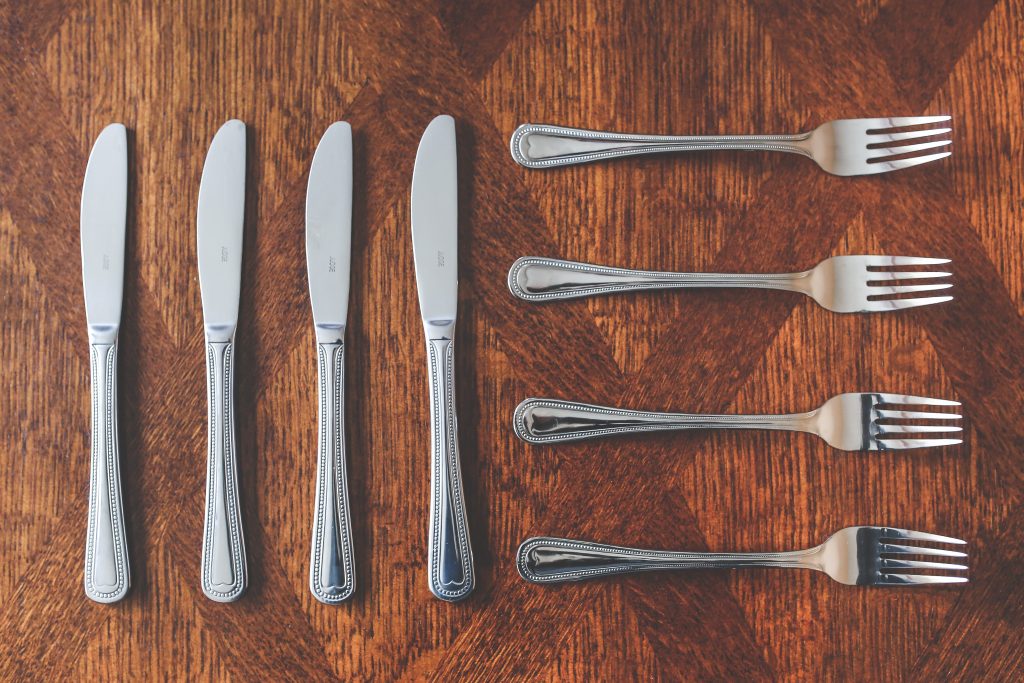
Eat Slowly
I think this is the best place to start when trying to return to mindful eating. You have the chance every time you eat to build this new habit.
First off, take a reasonable but modest bite. You do not need to fill your fork every time you take a bite. Chewing is much easier and more efficient when you take modest-sized bites.
Put your utensil down while you chew, instead of loading your fork up with another bite. You’re more likely to pay attention to what you’re eating and chew slowly.
And your brain has much more time to recognize the physical act of eating. This in itself can improve your satiety. And chewing your food well improves your overall digestion.
We also know that there is a delay between when our stomachs are full, and our brain realizes we are full. If we eat at a slow tempo, we give ourselves a grace period to recognize the full sensation and acknowledge we are ready to stop. This can dramatically cut down on overeating, especially if you are extra hungry when sitting down to your meal.
Avoid Distractions
When I was a child, we always at a table without the TV on. And of course, I never realized how special this rule was that my parents enforced. But this habit has stuck with me pretty long and I try to eat at a table every opportunity I get.
As for the distractions, this is a little harder nowadays. Between our TVs, cell phones, tablets, laptops, there is always a screen to be watched.
But if we are not making a concerted effort to pay attention to our food while we eat it, our brains literally miss out on the activity.

Instead, we’re focused on the funny video, until we look down at our empty plate. Instead of feeling full and satisfied, you feel short-changed. Even if you have to eat by yourself, or find a new routine, make sure to eat without distractions as often as possible. Eating in your car, at your desk, or any other place where you’re tempted to be distracted is also a bad idea.
Eat Without Judgment
Labeling foods as “good” or “bad” is an oversimplification. We use that with children so they can have a basic understanding of what they should eat frequently and what they should eat less frequently. But there is so much nuance to food and our health that statements like “junk food” or “bad food” leave out.
Start to eliminate that from your mental food framework. Some foods are more nutritious, some foods are more calorie-dense, and some foods are more delicious.
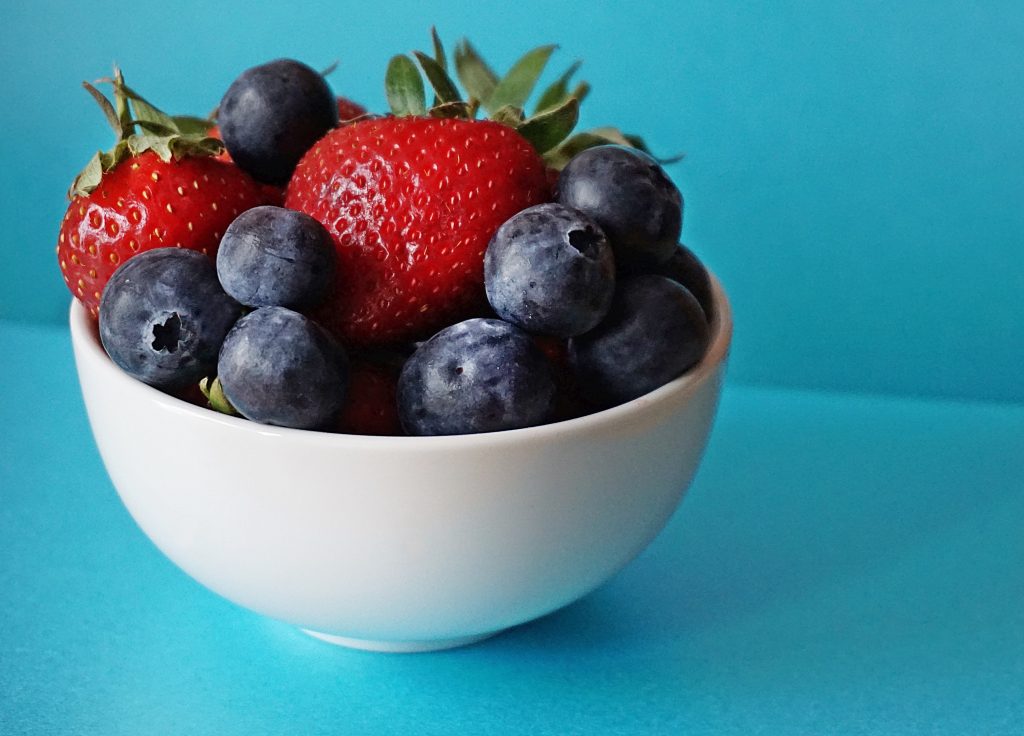
Each quality is important, and has its place in a healthy and well-balanced diet. You no longer need to make moral judgments when it comes to your food, and you definitely do not need to apply those labels to yourself.
Eat Nourishing & Tasty Food
The problem with “Diet Culture” is that they hyper-focus on calorie counting and the calorie value of food. Hence why we have zero calorie snacks, beverages, low-fat options, and the myriad other “health foods” that boast low calories.
But really, a healthy diet should be focused primarily on the quality and nutritional content of the food, and whether you enjoy eating that food. Enjoyment and food quality are completely left out of the calorie equation.
Don’t get me wrong, counting calories and understand the energy content of your food is imperative to your health. But that is the great thing about food, you can pick and choose what adds up to those calories.
And the key to start intuitive eating is to start looking at food that fills your physical needs that you also find enjoyable. For example oatmeal is a great nutritionally complete breakfast. But I really do not enjoy oatmeal.
However, I love granola, and choose to eat it in that form because it is far more appetizing for me. Others might be the opposite. But the point her is to find nourishing foods that you actually enjoy eating and find delicious.
There is no reason to force-feed yourself food simply for it’s “healthy” qualities, when there are so many options and methods for you to make it palatable for yourself. And you can even check out our post, Make Healthy Food Taste Delicious.

Honor Hunger Cues
This one will take some time. There are so many reasons why we start to ignore our hunger cues. Whether it be convenience, necessity, access, or emotions, we may eat or not eat even when our body is telling us otherwise. Honoring your hunger cues means eating only when you are physically hungry and stopping as soon as you are physically full.
As you start to master the other ways principles of intuitive eating, this will naturally start to fall into place. This is one of the main concepts to intuitive eating and what makes it so successful in our modern food landscape. But it may not be as easy for some, especially those who suffer from emotional eating habits or disordered eating. Make sure to always consult your medical professionals before changing your diet or lifestyle.

Your goal should be to let your body dictate and guide your decisions of when to eat, what to eat, and when to stop. Our bodies are incredibly intelligent, and we really don’t give them enough credit. When left to their own devices (without our pesky brain getting in the way), it will guide us where we need to go.
Mindful Eating
You cannot practice intuitive eating without mindfulness. In fact, the real definition of intuitive eating is eating mindfully. What does that mean though, to be mindful, and to eat mindfully?
The concept of mindfulness means that you are aware of conscious of what is going on and why it is happening. You are very present in the situation and are actively reflecting on the present moment. It is a pillar of meditation and positive thinking, but has now been used as the foundation of intuitive eating.
Mindful eating then means to be present and aware while we eat. This goes back to eliminating distractions, eating at a table, and slowly down our actual consumption. Mindful eating also means choosing foods and eating them in the quantity that your body needs. It is a simple concept to understand, but takes a life time to master.
It is so easy to get distracted or side-tracked while you are eating, especially when rushed. But returning to the present and being mindful of what you are actually doing, taking the time to focus your brain on that action, makes a world of difference.
Don’t get down on yourself if this takes time. Intuitive eating for many, goes against everything they’ve ever been taught. And it can be scary to seemingly release control over counting, values, and numbers.
But overtime, through mindful practice you can once again connect your mind and body so they are on the same page with your eating habits.

It no longer has to be an internal struggle that keeps you in the binge-restrict loop. Constantly fighting with yourself, shaming yourself, or feeling guilty for your “lack of self control.”
Learn to work with your body, instead of against it. It should be a partnership between your mind and body, not a dictatorship. Your body holds the secrets to your well being, it wants to be strong and healthy. And once you start to honor those cues
